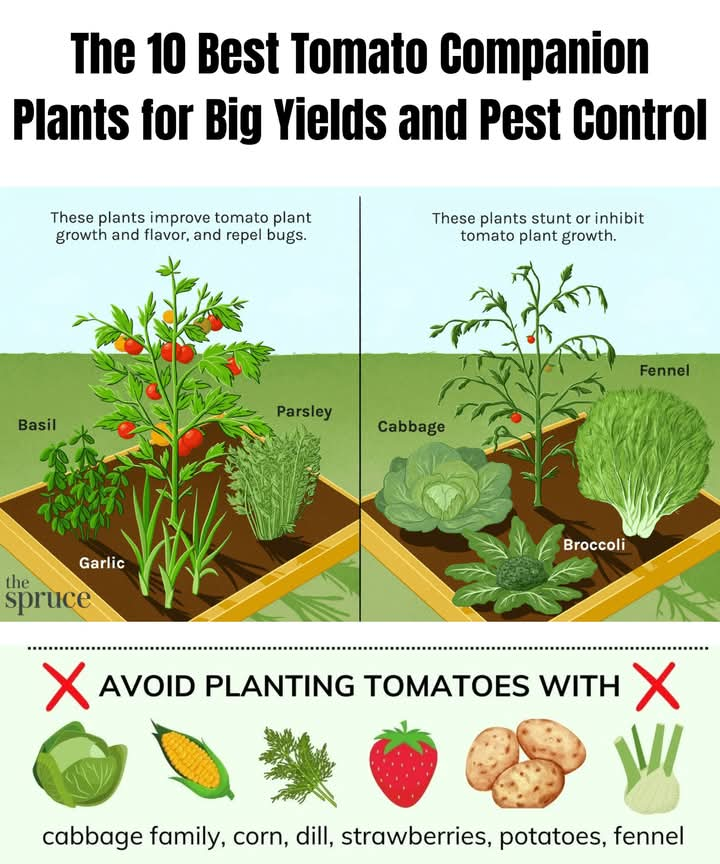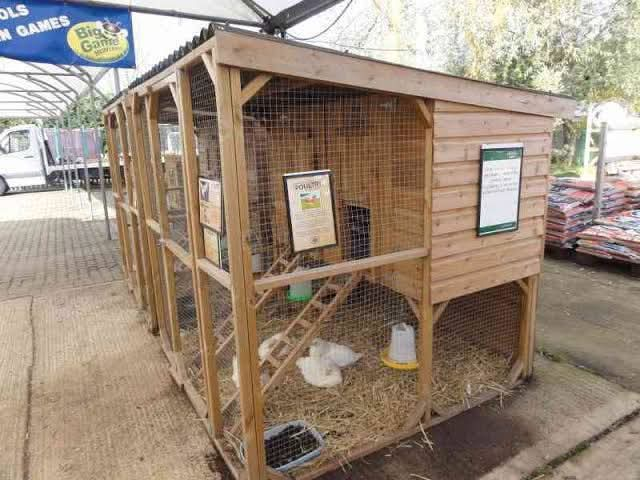Poultry Housing Selection Tips: Ensure Healthy, Happy, and Productive Chickens
Poultry Housing Selection Tips: Ensure Healthy, Happy, and Productive Chickens
When selecting or designing poultry housing, it’s important to consider the natural behaviors of chickens. Providing an environment that supports their instincts not only improves their health and welfare but can also save you significant farming costs.
Here’s what you should keep in mind:
1. Foraging
Chickens naturally love pecking around the ground, searching for worms and insects.
Benefit: Studies show that chickens can source up to 20% of their diet through foraging, significantly reducing feed costs.
Tip: Design your poultry system to allow pasture access, helping you save on commercial feed expenses—especially important considering feed makes up about 70% of poultry farming costs.
2. Nesting
Hens prefer to lay eggs in quiet, secluded spaces.
Benefit: Nesting boxes encourage hens to lay in designated areas, making egg collection easier and cleaner.
Tip: Install enough nesting boxes (ideally one box for every 4–5 hens) and keep them clean and private.
3. Dust Bathing
Dust bathing is a natural chicken behavior where they roll in loose dirt.
Benefit: Acts as a natural insecticide, helping control parasites and improving overall health.
Tip: Allocate a dry, shaded area with loose soil or sand near the poultry house for dust baths.
4. Perching
Chickens love to roost off the ground at night.
Benefit: Perches help reduce boredom (preventing harmful habits like cannibalism) and lower the risk of external parasites.
Tip: Provide strong, comfortable perches (at least 2 inches wide) placed higher than nesting areas.
Other Key Factors in Poultry Housing Design
i) Scale of the Poultry Farm
The size of your farm determines the size and complexity of the housing:
Small-scale: Simple structures may suffice.
Large-scale: Stronger, more ventilated housing is necessary to manage risks like disease spread.
ii) Climate and Environmental Conditions
Your region’s climate will influence your housing needs:
Temperature: Keep chickens warm in cold seasons and cool in hot seasons.
Humidity: Control moisture to prevent respiratory issues.
Ventilation: Good airflow is crucial for healthy flocks.
Need More Help with Poultry Housing?
Get your copy of our Poultry Housing and Construction Guide!
Learn how to design cost-effective, durable, and productive poultry structures that maximize your profits.




